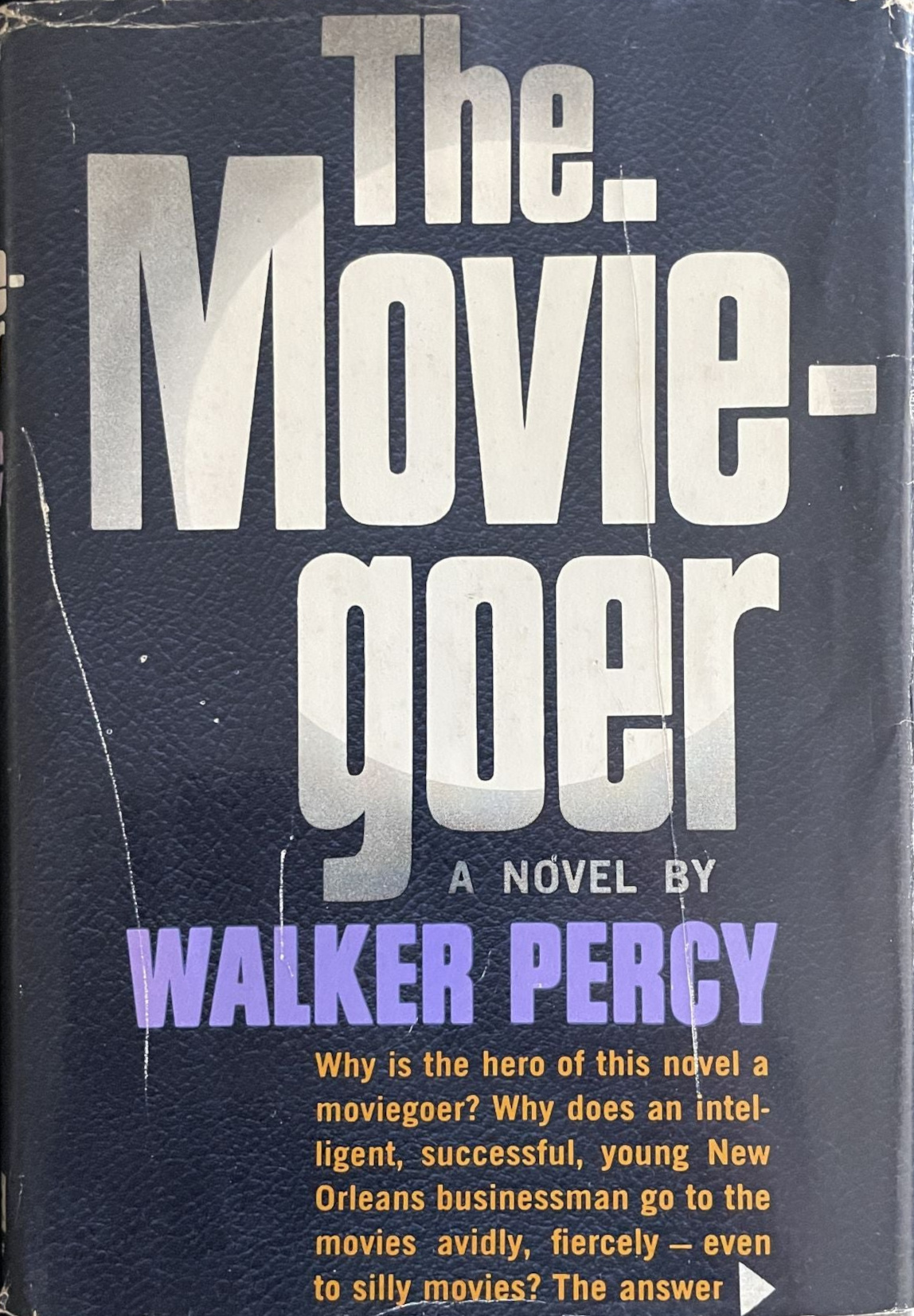Hardcover, 241 pages
English language
Published May 12, 1961 by Alfred A. Knopf.

Hardcover, 241 pages
English language
Published May 12, 1961 by Alfred A. Knopf.
Why is the hero of this novel a moviegoer? Why does an intelligent, successful, young New Orleans businessman go to the movies avidly, fiercely — even to silly movies? The answer is in the peculiar relationship of movies to all our lives, in their well-known and welcome fantasy as opposed to the harshness of existence, but also in their curiously certified reality as opposed to a sense of unreality in our lives today. The answer is in the fact that Hollywood provides a pantheon of little gods and goddesses — tinny, perhaps, but visible and laden with gifts of dream and reassurance; and it is also in the fact that a house, a street, a city can be more itself on the screen than in actuality.
Certainly all this is true for Binx Bolling, who, almost thirty, a Korean War veteran, the scion of a good Louisiana family and a …
Why is the hero of this novel a moviegoer? Why does an intelligent, successful, young New Orleans businessman go to the movies avidly, fiercely — even to silly movies? The answer is in the peculiar relationship of movies to all our lives, in their well-known and welcome fantasy as opposed to the harshness of existence, but also in their curiously certified reality as opposed to a sense of unreality in our lives today. The answer is in the fact that Hollywood provides a pantheon of little gods and goddesses — tinny, perhaps, but visible and laden with gifts of dream and reassurance; and it is also in the fact that a house, a street, a city can be more itself on the screen than in actuality.
Certainly all this is true for Binx Bolling, who, almost thirty, a Korean War veteran, the scion of a good Louisiana family and a prospering stockbroker, is floating tolerantly on the surface of life but is nevertheless longing for a spiritual truth to anchor him. It is true, too, for Kate Cutrer, his cousin-by-marriage, with whom Binx has secret alliances and secret antagonisms born of those alliances.
The action spans one week — Carnival Week in New Orleans — in Binx's life and loves, a critical week during which his dreamlike existence in the suburbs is disrupted by an internal revolt that he himself hardly understands. At the same time, Kate, desperate with neurotic anxiety, moves swiftly and inexorably to the end of her tether. Binx's rediscovery of the strengths of his tradition coincides with his new-found capacity to encounter and love Kate as a person in her own right.